We did it all over again.
We just did it in the shadows.
We've been told for decades that we have to bail out the billionaires or the world would end. Maybe it wouldn't.
New from The Mad King
"Perhaps some ideas are not as extreme as they are portrayed. Maybe some political shifts will not bring the chaos we are led to believe they will."
The Most Absurd Number in the CPI
This is if you believe the CPI is accurate and not understated.
The average CPI since World War II is apparently 3.74%, and "the 10-year moving average" is now at 2.81%, so the Fed has abysmally failed their "stable prices" mandate, and even their made-up "2% target."
At 3.74% average inflation (if you even believe the CPI), a third of your purchasing power is stolen in just 10 years.
Jim Bianco on moving the goalposts
“I think we're in a higher inflation world, and I think that there's more and more of an acceptance that we're in a higher inflation world [not by 90% of America! - rh].
One of the things that Jay Powell said was, you know, he said 2.6% or 2.7% core PCE is a good place.
What???!! You said two! Now for stock people listening that's like somebody saying what's your stock forecast for the S&P? Oh, I don't know, 4500 5500. Wait a minute. That's kind of a big range there. That's what 2% to 2.7% on inflation is. That is a monstrous difference between those two numbers!”
On a related note:
Negative three times in 70 years: 2008-2010, 2020 (Covid), and now.
S&P 500 Dividend Yield
“We did it all over again. We just did it in the shadows, and we did it calling it something else. That’s it.”
Melody Wright, comparing 2008 to today
Mike: "When did 'The Big Short' come out?"
Melody: "2015. It was the first time I felt sane in like three years, watching that movie. That's why I know."
Private Finance Could Become Systemically-Relevant, ESRB Says
Oh well, I guess we’ll have to bail them out so the ATM’s don’t stop working.
"I'd like to believe that the Fed puts out real numbers that show you what the real CPI is, and what the real jobs number is...but that's not the world we live in, right?"
"All the proverbial cops that we were used to way back in the day, that regulate the street, are figuratively sitting in the patrol cars, eating Dunkin' Donuts, and just watching, and that's not going to change."
“The Federal Reserve and fiscal is moving Heaven and Earth to make sure that what we see, what we think we see, what we know we see, in terms of the math, never impacts markets, right? So that means whatever they have to do, they will. Change from bonds to coupons, they will hit the RRP, they'll drain the TGA this way versus that way, they'll do everything they can to make sure to make sure that this government continue to spend well north of what we are bringing in.”
Vincent Daniel
Michigan Consumer Sentiment
“The current level of 65.6 is below the index's level at the start of 6 of the 6 recessions since the index's inception.”
More Housing!
“The investor share of purchases climbed to almost 29% in December 2023 and could exceed 30% in 2024”
“Home investor shares for 2023 by state. California (35%), Georgia (34%), New Mexico (33%), Kansas (32%), Texas (31%), Nevada (31%), Arizona (30%), Tennessee (30%) and Utah (30%) were the states with investor shares at 30% or higher. “
“Smaller investors are responsible for increasing investor homebuying activity. This is in sharp contrast to the rise in large institutional investors in the years following the recession. When looking at investor activity based on the total number of properties purchased over our study period, we found small investors – those who purchased 10 homes or less between 1999 and 2018 – have increased their share of homebuying more than large- and medium-sized investors. These so-called “mom-and-pop” investors grew from 48% of all investor-purchased homes in 2013 to more than 60% in 2018. Large investors – those who purchased more than 101 homes – nearly doubled their activity between 2000 and 2013 but have pulled back since the foreclosure crisis and now sit at 15.8% of purchases. Medium-sized investors – those who purchased between 11 and 100 homes – have also seen their share steadily fall, from a peak of 30% in 2010 to 22.7% in 2018.”
Melody Wright clarifies:
“I think the institutional looks like "less" because there was just so much of it at the end of the GFC (2011-2014)., so their recent forays aren't as big a deal. I definitely agree Mom and Pops went hard. It will likely be the Mom and Pops who implode the ugliest.”
"A 0% down payment is the same thing as taking out a 100% mortgage..."
“If you think about the mortgage broker industry today, there really are no standards”
"Here in Austin, Texas, there were 8,236 homes on the market in 2019. Today, there are 14,000," Jordan Suber, a realtor with EXP Realty, said.
South Florida: “Lenders this year are foreclosing on what are considered Class A assets –– exactly the type of real estate said to be more resilient to a market slowdown.”
Ontario: “Realtors say sellers are still trying to cash in on pandemic-era prices, even though housing values have plummeted by as much as 31 per cent in 2023 in regions such as Peterborough and the Kawarthas…’Every day there’s so many listings coming on the system and so few sales.’”
Toronto: “An Ontario man says he’s still considering selling his house, despite this week’s interest rate cut, with his mortgage payments set to leap over $2,000 next month.”
‘Look at how many two-bedroom townhouse listings there are in south Auckland, it’s nuts. Developers are doing many deals right now.’
San Diego: “The count of active listings is powering skyward, and could be 500+ in the next week or two. There haven’t been more than 500 actives between La Jolla and Carlsbad since before the pandemic, so you can say that the inventory getting back to normal. But unless pricing turns around, it won’t be be the same “normal” like it was prior to the pandemic. The median sales price in 2019 was $1,327,250. This year it is $2,350,000.”
Oklahoma City: “Downtown OKC stood at a median sale price of $261,000 in 2020, only to surge to nearly $700,000 in 2023.” Surreal.
Kalifornia: "...the buyer of the house will be left with a smaller lot, a close neighbor and a property covered by a homeowners association agreement." Separating ADU ownership from the main property in CA sounds like fun. Can't wait for the HOA meetings.
La Jolla tenants evicted, apartment to be converted to vacation rentals
Finally a good use for A.I. in San Diego: Showing where all the stupid Airbnb's are.
Is the old adage that "the cure for high prices is high prices" true for housing?
Probably not, because governments are so involved in propping prices up.
Trepp: “An estimated 16,000, or just more than 13%, of New York City's 121,300 hotel rooms effectively have been taken offline as they're being used by the city to house illegal immigrants. That's a mixed blessing. The sharp decline in available supply has pushed the average rate for rooms that are still in the city's hotel inventory up to $390.18, a record level.”
Ben Rabidoux on Canada
Ben: “What we're seeing in Canada is a story where a highly levered economy meets a rapid interest rate hiking cycle. It's kind of that simple. That's not unique to Canada but it is very acute here.”
Kevin Muir: "If you're bearish on the U.S., you should be shorting Canada with both fists, because the reality is that everything you're worried about in the U.S. is way worse here in Canada."
Great interview.
$29M Forfeiture Sheds Light On How Drug Money Infiltrates Commercial Real Estate We don’t seem to criminally prosecute so many crimes nowadays.
“Miami-based real estate investment firm Sefira Capital agreed to forfeit more than $29M in assets in 2021 as part of a settlement with the federal government over a Drug Enforcement Agency investigation into money laundering. Sefira, which admitted no wrongdoing in the deal, was accused of not only ignoring red flags about the sources of its investors’ capital but was also caught up in a DEA sting operation that revealed the investment fund received millions of dollars in drug money. “
Construction Costs
We probably need to bring freedom to the Congo:
Jeff Currie: “As someone jokingly said to me the other day, it's like the emerging markets are trying to force us back onto the gold standard.”
Jeff Currie is Chief Strategist of Energy Pathways at one of my favorite Deep State organizations, the Carlyle Group.
He is bullish on gold, copper and oil, among other things.
On recent natural gas weakness:
“Everything disconnected in ’23 and in the early part of ‘24. And one of the reasons for that is, let's not forget China, India, and Indonesia, took coal production up the level of Saudi Arabia, equivalent of over 7 million barrels per day. That's a lot of energy that hit the global market. And what does that back out, it backs out LNG.
Now, that's part of the reason why gas prices went negative in 2023 in Europe, and we saw gas prices in the US sink to all-time lows on the NYMEX at the first part of this year. So, there's a lot a lot of one offs, and the one thing that I'm comfortable saying in the conclusion of energy transition, is that particularly given renewables that reduce our ability to create a cushion in storage and increases intermittency problems, that means gas and power prices are going to be a lot more volatile…”
On renewables supposed cost saving over nuclear:
“You're not factoring in the intermittency costs of the renewables that substantially escalates the overall cost structure. I've seen estimates as high as 14 times. Because remember, you got to replace that intermittency of that solar, wind, something that's close to being free, with something very expensive, in places like Europe in 2022 and 2023, it was really expensive.”
Walter Deemer wrote this on March 3, 2000. He suggests we “substitute NVIDIA for Cisco and Occidental Pettroleum” for Sears when” rereading.
During my now 36-plus years in this business, I've never seen anything even remotely comparable to the current chasm in the stock market between New Economy and Old Economy stocks; the NASDAQ, which rose 85% in 1999, has risen another 16% so far this year while the Dow-Jones Industrial average (whose 30 components happen to earn more than all of the NASDAQ stocks combined do) was recently off more than 14%. But it is not the unprecedented market chasm that prompts this piece -- it is the accompanying arrogance on the part of all too many New Economy (aggressive growth) managers, as demonstrated in such things as the writings of James Cramer of TheStreet.com and the utterances of a seemingly-endless parade of hedge fund managers on CNBC. These managers sneeringly inform those unfortunate souls who are not invested in the same Cisco's and Qualcomm's as they are (or, more likely, in the same JDS's and Xcelera's as they are) that "Old Economy stocks are relics of the past; if you don't own the Cisco's and Qualcomm's of the world, no matter what their valuations may be, you're living and investing in the past, not the future. This is the way it is and this is the way it's going to be from now on." (The logic of the subset of managers who are well aware that this kind of thing can't last, but are cocky enough to think they can get out before the final whistle blows -- even though they readily admit that most players won't -- needs no further comment on my part.)
OpenAI
Also, Larry Summers is on the board of OpenAI. That’s about as red a red flag as you can get.
"SoftBank’s new ‘emotion canceling’ AI turns customer screams into soft speech. The “emotion cancelling” technology aims to reduce stress levels among call center operators by softening the tone of angry customers’ voices."
Comment: “Yes, but think about this: You can now scream your guts out at the call center, to vent, if you wanted to, and get comically calm replies. The streaming potential alone is intriguing, I would watch a series like that.”
Lyndon Johnson and Box 13
Grant Williams writes an excellent letter called "Things That Make You Go Hmmm."
To crib from his latest, here's a forgotten piece of electoral history from 1948:
“Take the 1948 US Senate elections in Texas, for example. At the time, Lyndon B. Johnson was a US Representative aiming for higher office, setting his sights on the Democratic nomination for the US Senate. His opponent was the well-known, widely-respected and extremely popular former Texas governor, Coke Stevenson, making the race highly competitive and closely watched. The primary election did not yield a clear winner, necessitating a runoff on August 28, 1948. As the votes were counted, early returns indicated that Stevenson held the lead. However, the margins began to narrow as votes from rural counties trickled in, adding suspense to the election night drama.
The real turning point came with what is now infamously known as the “Box 13” scandal. Johnson’s campaign manager, John B. Connally (yes, the same John B. Connally who would later become Treasury Secretary and also be hit by the Magic Bullet that killed JFK), reportedly found an additional 202 votes in Precinct 13 of Jim Wells County. The timing of these votes (cast almost entirely for Johnson and, it should be added, cast in alphabetical order — yes, you read that right) added another layer of suspicion. They were “discovered” at a critical juncture when Stevenson was leading, and their inclusion shifted the balance in Johnson’s favour. Scrutiny of the ballots revealed that many signatures appeared to be written in the same handwriting. Yeah, you read that right.
Stevenson, suspecting foul play, challenged the results, citing allegations of voter fraud. The legal battle escalated, and despite significant evidence suggesting irregularities, the Democratic State Central Committee upheld Johnson’s narrow victory by a mere 87 votes. The case climbed all the way to the US Supreme Court, which ultimately refused to intervene, cementing Johnson’s controversial win. No problem, right? It was only a Senate race. It’s not as though it was going to determine the President of the United States.
This victory was a pivotal moment for Johnson, establishing his political foothold in the Senate. It was a crucial step in his ascent to higher echelons of power, ultimately leading to his role as Vice President and then President after John F. Kennedy’s assassination. Doh! Johnson famously escalated US involvement in Vietnam, unleashed the Great Society and the Guns and Butter, and changed the course of not just America’s history but that of the world. Who knew?”
Robert F. Kennedy Jr. on the day his uncle was murdered
“My father was walking at the bottom of the hill with John McCone when I got home, who was the CIA director, who was one of the first people to get to the house. My father, during that walk - I ran down to give him a hug, and McCome laughed - but during that walk my father said to him, “Did your people do this?” So his initial instinct was that the CIA had killed his brother.”
Abraham Lincoln liked to tell the story of “the boy who, when asked how many legs his calf would have if he called its tail a leg, replied, "Five," to which the prompt response was made that calling the tail a leg would not make it a leg.”
Movement of six different wolf packs tracked with GPS


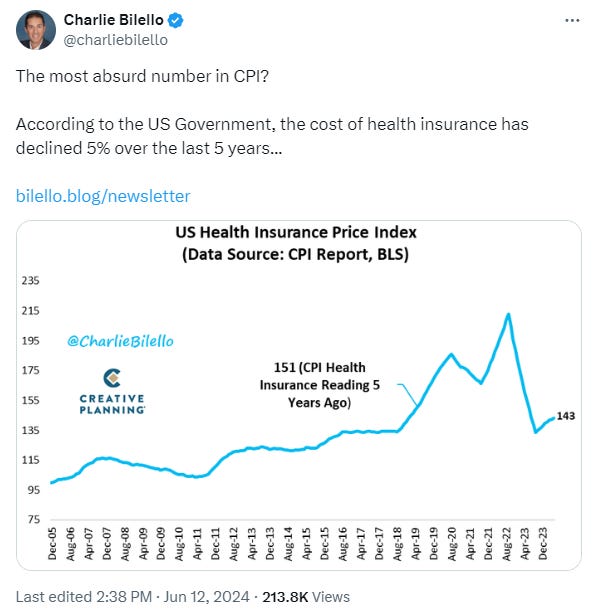








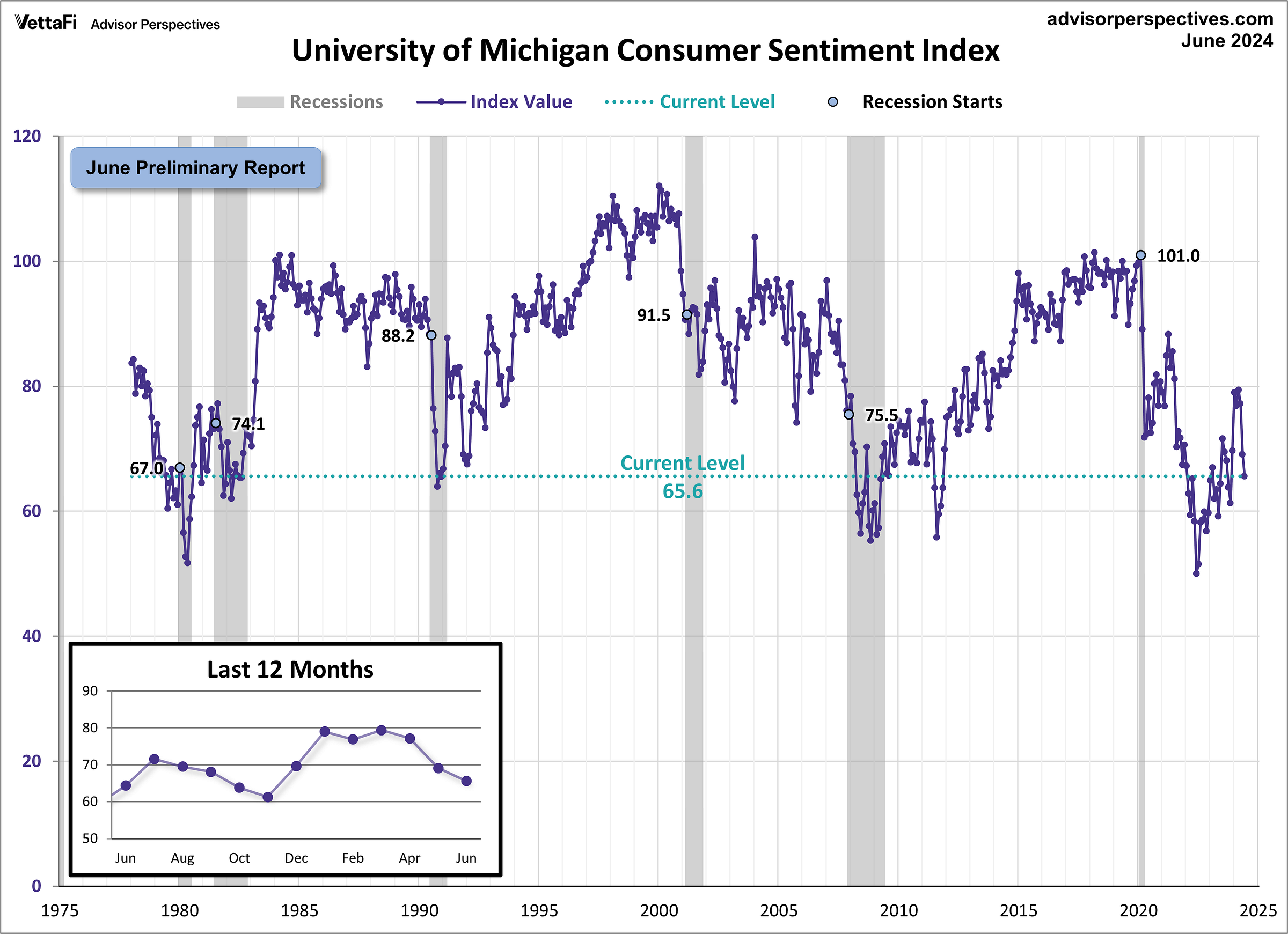
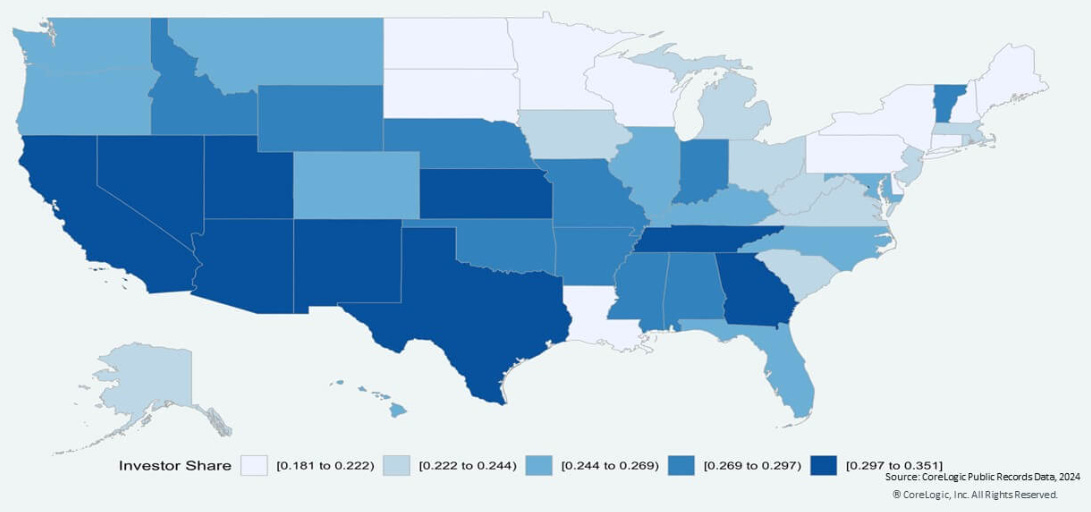


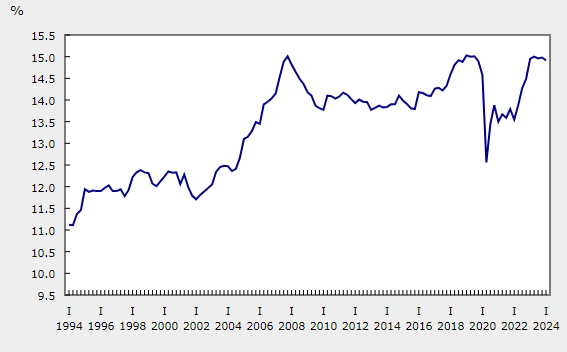
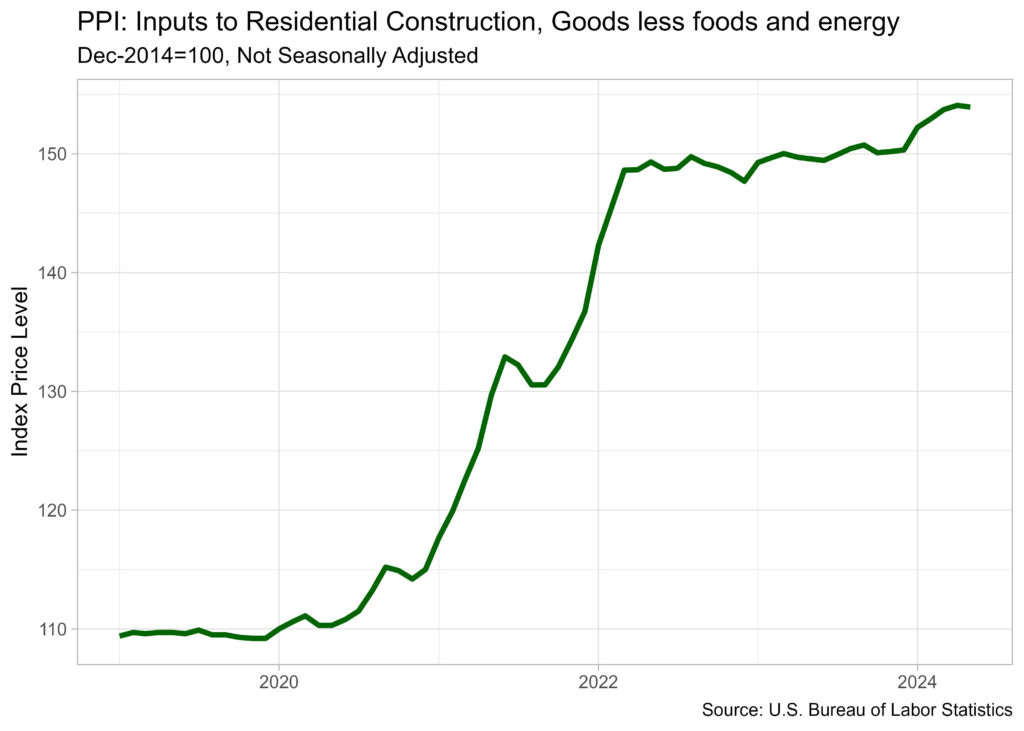
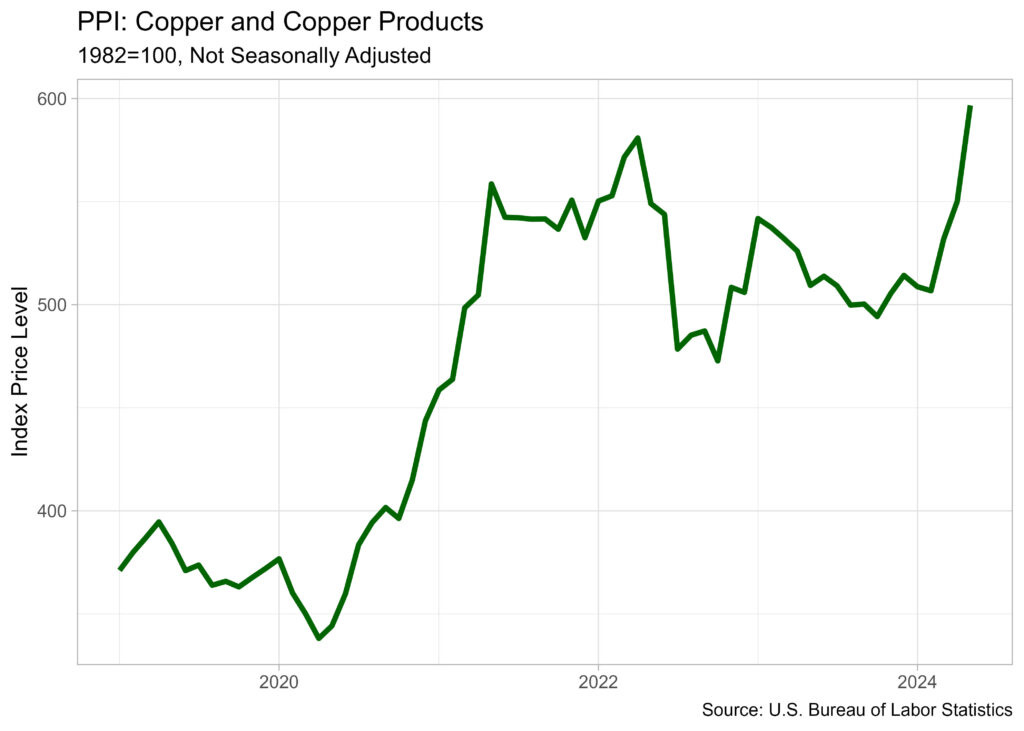
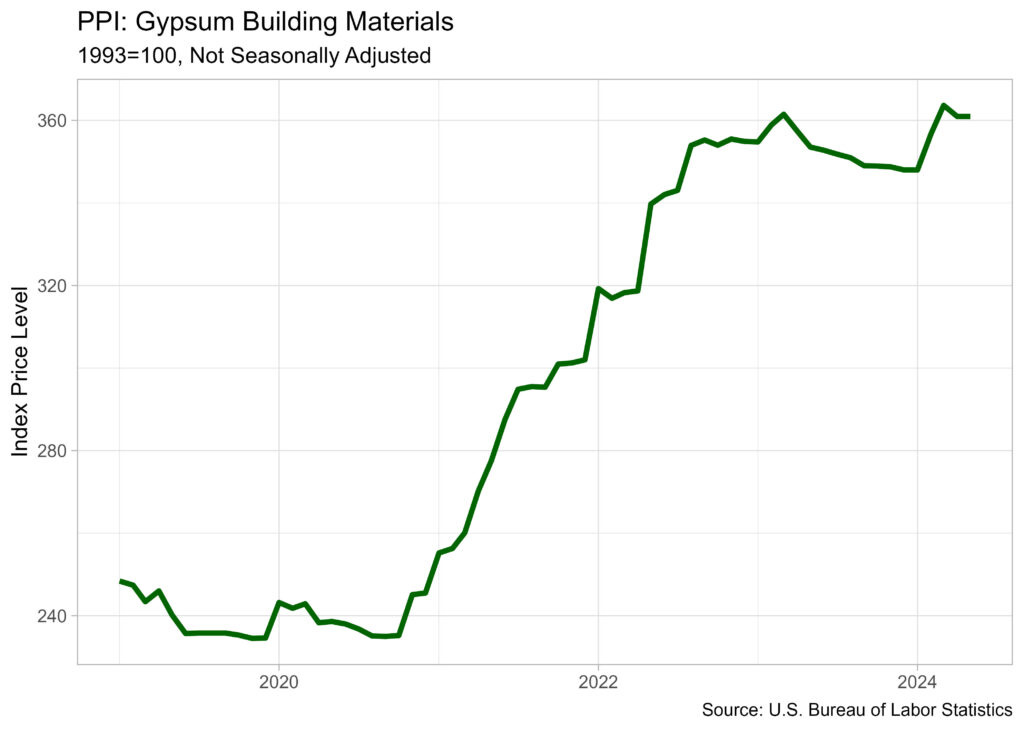
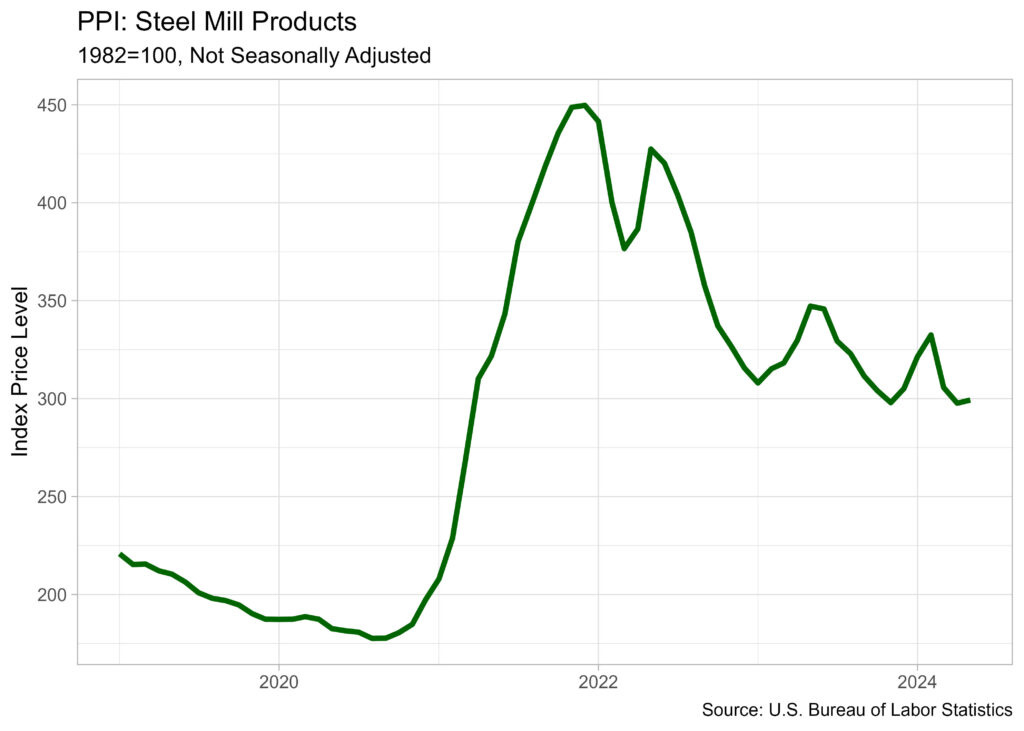
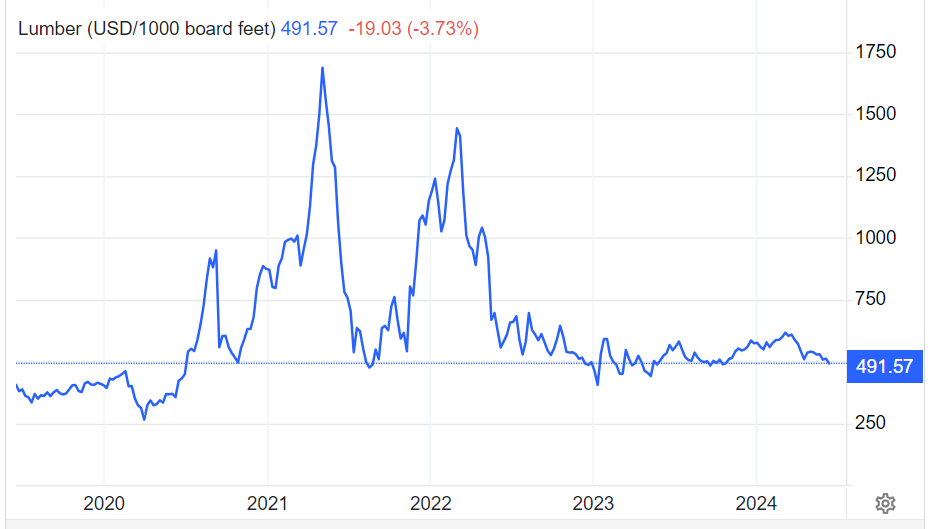

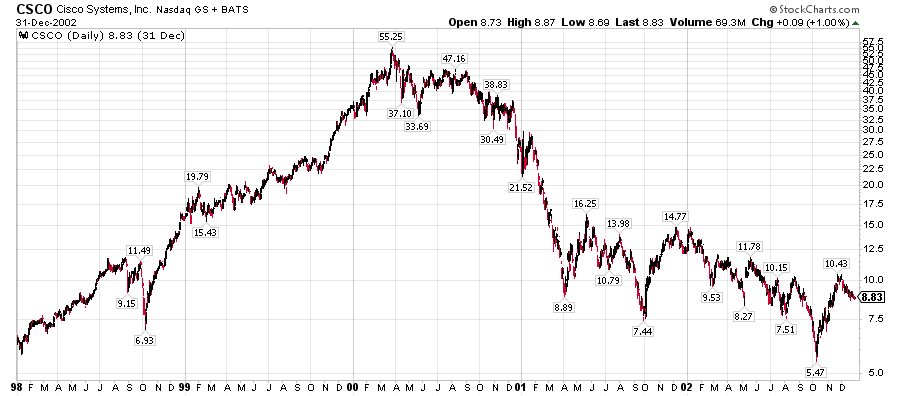
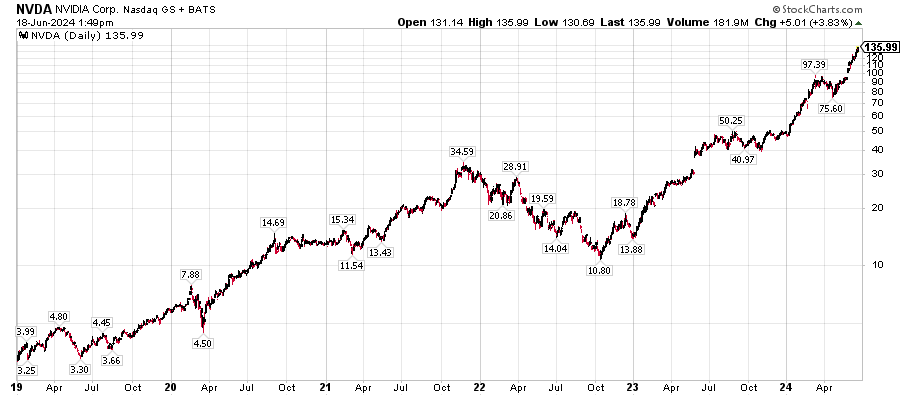




The LBJ story is an excerpt from Robert Caro's first LBJ book. A phenomenal read. That isn't even the craziest story...Brown and Roots funding of LBJ makes election rigging look like petty theft.
Finance degree and im broke next week, probably robbing someone. No job postings are real. Don’t get select any beneficial demographic boxes. Been in litigation for corporate whistleblowing for 6 years. Access to capital = access to justice system. To live in a job market that pays well - your cost of living is higher. Can’t get ahead in life. Will probably never marry or have kids. Would leave the country in a heartbeat if had a few shekels. Corrupt system head-to-toe. The only thing that gets punished in this country is the honest man.